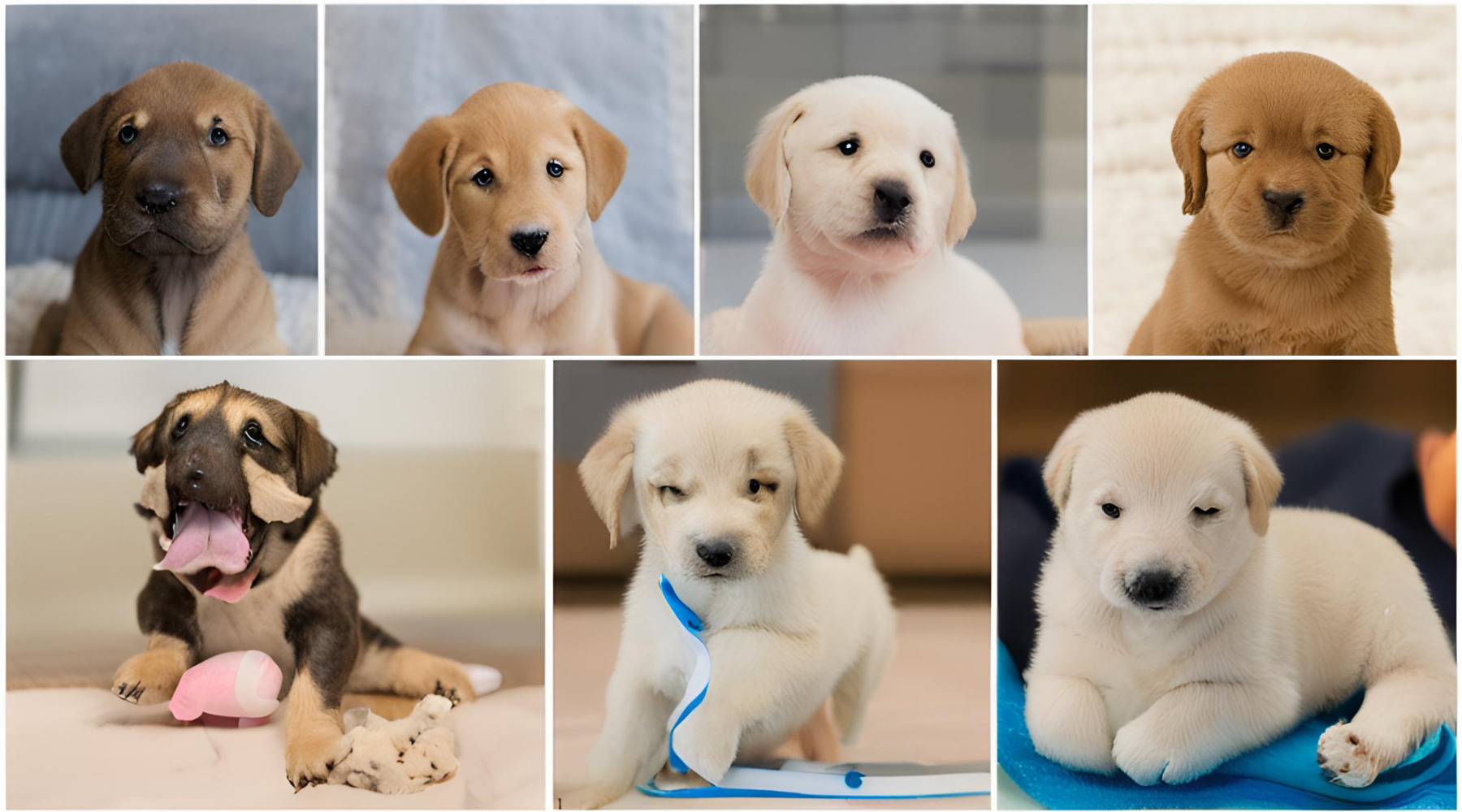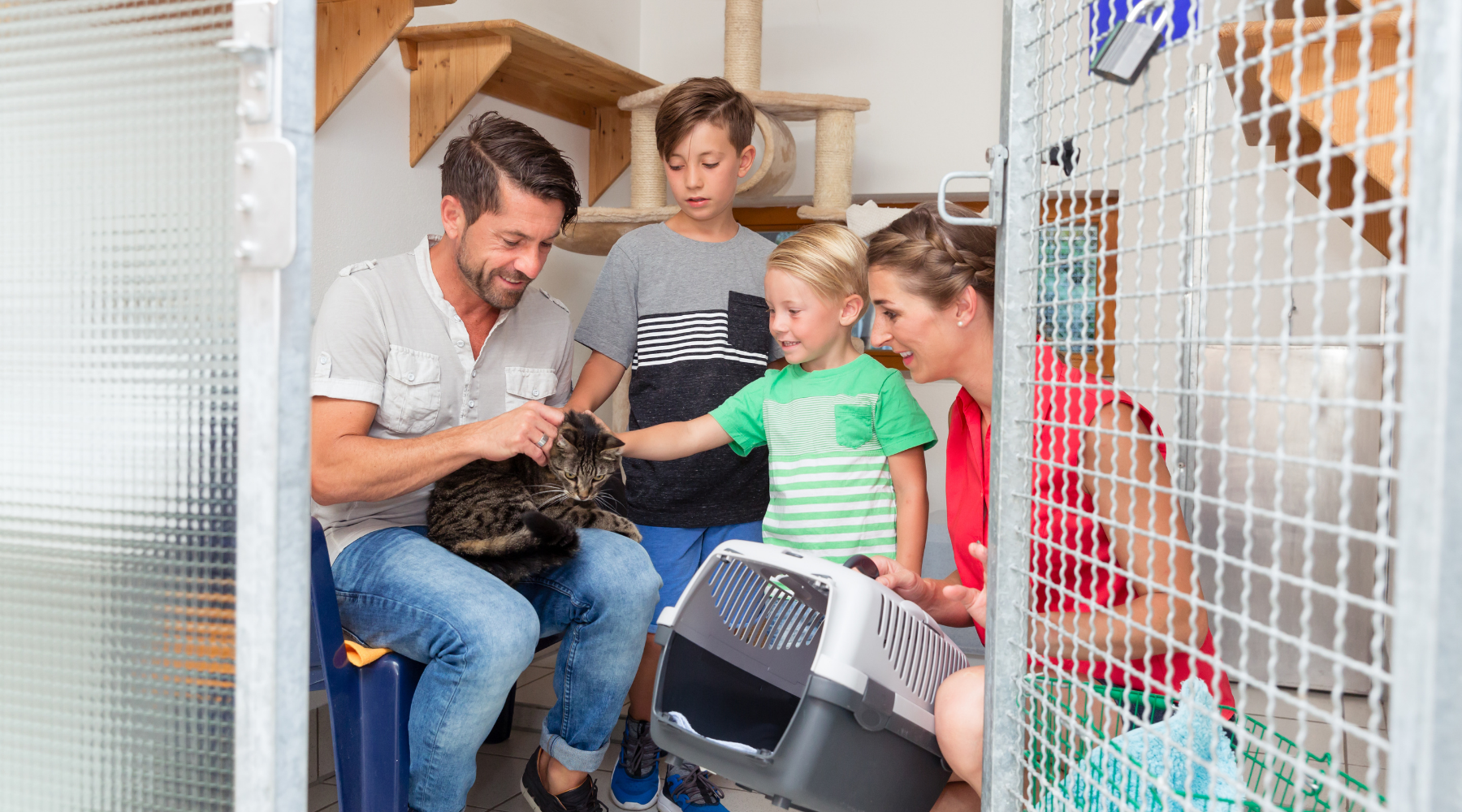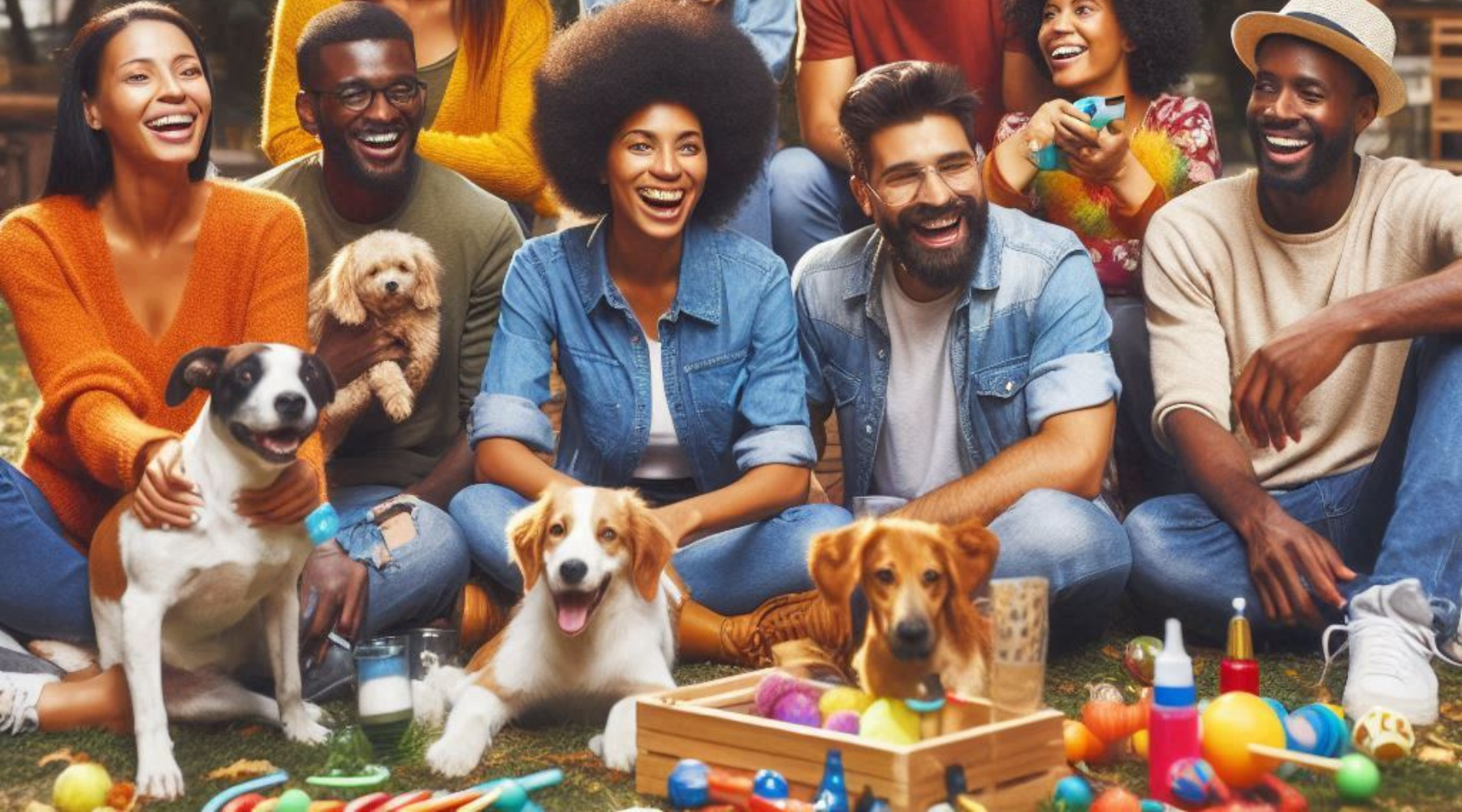
The Importance of Socialization for Puppies
Welcoming a new puppy into your home is an exciting time filled with joy, curiosity, and a fair share of challenges. One of the most crucial aspects of raising a well-adjusted and happy dog is ensuring they receive proper socialization. Socialization helps puppies grow into confident, well-mannered adults capable of navigating various environments and situations with ease. This article will explore the stages of puppy socialization, how to safely introduce your puppy to new environments and experiences, and the importance of puppy classes and playdates.
Stages of Puppy Socialization
Understanding the different stages of puppy development is essential for effective socialization. These stages include:
1. Neonatal Period (0-2 weeks):
- Puppies are completely dependent on their mother and littermates. They cannot see or hear, relying on their sense of touch and smell.
2. Transitional Period (2-4 weeks):
- Eyes and ears begin to open, and puppies start to develop their senses. They begin to stand, walk, and interact with their littermates.
3. Socialization Period (4-12 weeks):
- This is the most critical period for socialization. Puppies are highly receptive to new experiences, making it the ideal time to introduce them to a variety of people, animals, environments, and stimuli.
4. Juvenile Period (12 weeks - 6 months):
- Socialization continues, but puppies may become more cautious. Positive reinforcement and continued exposure to new experiences are vital.
5. Adolescence (6-18 months):
- Puppies may test boundaries and exhibit more independence. Ongoing training and socialization help reinforce good behavior.
How to Safely Introduce Your Puppy to New Environments and Experiences
Introducing your puppy to new environments and experiences should be done gradually and positively. Here are some tips to ensure a safe and effective socialization process:
1. Start Early:
- Begin socialization during the socialization period (4-12 weeks) to maximize effectiveness.
2. Positive Reinforcement:
- Use treats, praise, and affection to reward your puppy for positive interactions with new experiences.
3. Controlled Exposures:
- Gradually introduce your puppy to new environments, such as different rooms in the house, the backyard, and quiet streets before progressing to busier areas.
4. Introduce New People and Animals:
- Allow your puppy to meet a variety of people of different ages, sizes, and appearances, as well as friendly, vaccinated dogs.
5. Safe Spaces:
- Ensure your puppy has a safe space to retreat to if they feel overwhelmed. Never force interactions.
6. Regular Outings:
- Take your puppy on regular outings to expose them to different sights, sounds, and smells, such as parks, pet-friendly stores, and busy sidewalks.
The Role of Puppy Classes and Playdates
Puppy classes and playdates play a significant role in a puppy’s social development. Here’s why they are important:
1. Structured Learning:
- Puppy classes provide structured environments where puppies can learn basic commands, manners, and social skills under the guidance of a professional trainer.
2. Safe Socialization:
- Puppy classes and playdates offer controlled settings where puppies can interact with other dogs and people in a safe and supervised manner.
3. Confidence Building:
- Regular interaction with other puppies and new environments helps build your puppy’s confidence and reduces the likelihood of fear-based behaviors.
4. Owner Education:
- Puppy classes educate owners on effective training techniques, positive reinforcement, and how to handle common behavioral issues.
5. Fun and Exercise:
- Playdates and classes provide physical and mental stimulation, helping to prevent boredom and associated destructive behaviors.
Disclaimer
While socialization is crucial for a puppy's development, it is essential to consult with your veterinarian and consider your puppy's health status before exposing them to new environments and other animals. Ensure that all interactions are positive and never force your puppy into situations that cause fear or distress. If you encounter behavioral issues, seek advice from a professional dog trainer or behaviorist.
---
Proper socialization lays the foundation for a well-adjusted, happy, and confident dog. By understanding the stages of socialization, safely introducing your puppy to new experiences, and participating in puppy classes and playdates, you can help your furry friend grow into a beloved family member who is a joy to be around.



Leave a comment
This site is protected by hCaptcha and the hCaptcha Privacy Policy and Terms of Service apply.